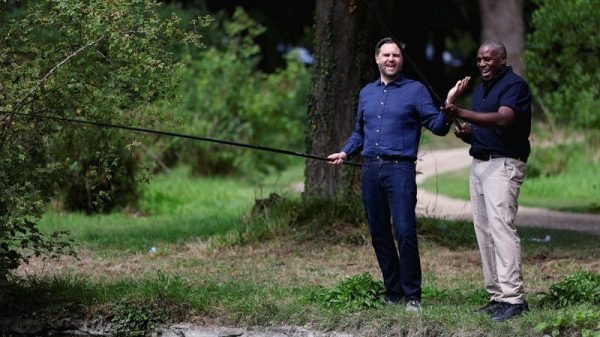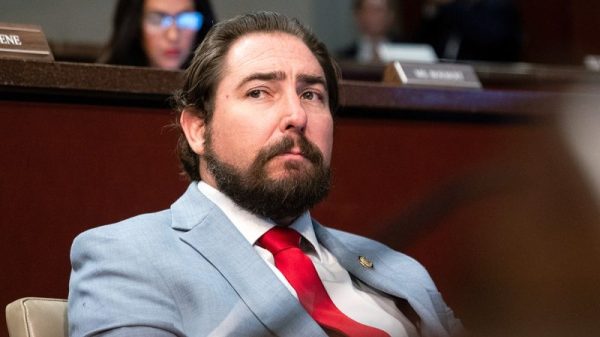In the recent developments of the ongoing legal battle surrounding the notorious classified ads website Backpage, co-founder Michael Lacey has been sentenced to five years in prison. This significant ruling marks a pivotal moment in the saga that has garnered national attention and raised important questions about internet regulation, free speech, and the responsibility of online platforms in combating illegal activities.
Lacey’s conviction is the culmination of a lengthy investigation into Backpage’s operations, which had long been accused of facilitating prostitution, human trafficking, and other illicit activities. While the website initially positioned itself as a platform for classified ads, it quickly gained notoriety for its role in enabling the exploitation of vulnerable individuals, particularly minors.
The sentencing of Lacey sends a strong message that individuals who profit from illegal activities online will be held accountable for their actions. It also underscores the importance of holding online platforms responsible for the content that is published on their sites. The case has reignited the debate over Section 230 of the Communications Decency Act, which provides legal immunity to websites for content posted by third parties.
Critics argue that platforms like Backpage have exploited this legal protection to turn a blind eye to illegal activities taking place on their sites, prioritizing profits over the safety and well-being of their users. The Backpage case has highlighted the need for greater transparency and accountability from online platforms, as well as stronger measures to combat human trafficking and other forms of exploitation facilitated by the internet.
In the aftermath of Lacey’s sentencing, there are sure to be continued discussions about the broader implications of this case for online platforms and internet regulation. Lawmakers, advocates, and industry stakeholders will need to grapple with the complex issues at play and work towards finding solutions that balance the need for a free and open internet with the protection of vulnerable individuals from harm.
Ultimately, the sentencing of Michael Lacey serves as a stark reminder of the power and influence that online platforms wield in today’s digital age. It underscores the need for greater oversight and accountability to ensure that the internet remains a safe and inclusive space for all users. As the legal battle over Backpage continues to unfold, it will be crucial for stakeholders to learn from this case and take meaningful steps towards creating a more responsible and ethical online ecosystem.


































